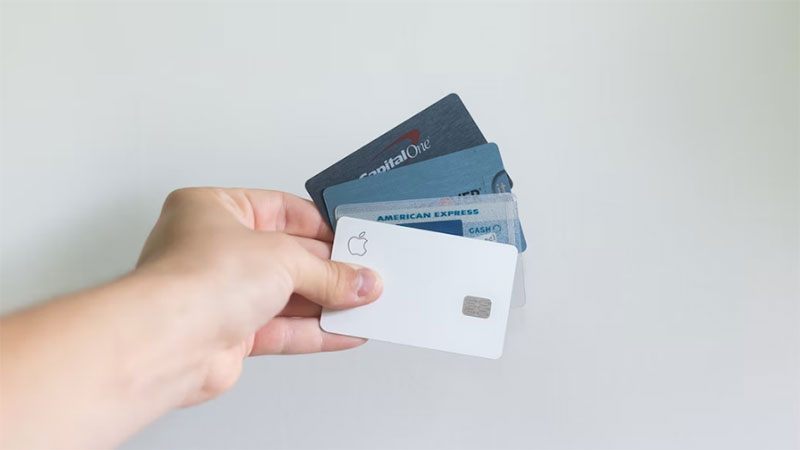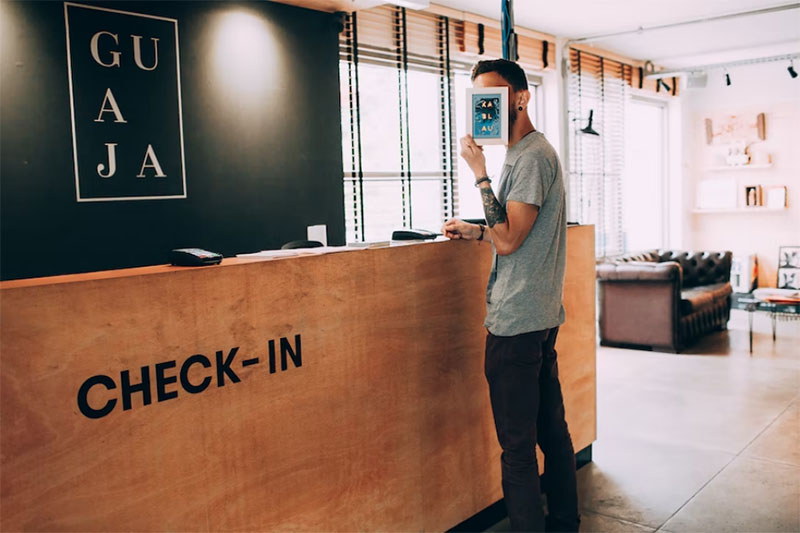What Are Credit Card Blocks
Nov 22, 2023 By Triston Martin
A credit card block is a tactic that banks allow to ensure merchants that you'll have enough money to pay. Keep in mind, however, that credit card blocks are not the same as having your credit card blocked!
Credit card blocks occur when a vendor pre-renders or charges you for a transaction that's going to occur. The block may even be on your account for fifteen days! Read on to answer “What are Credit Card Blocks?” how they operate and how both consumers and businesses profit from them.
What are Credit Card Blocks?
Despite the fact that this block might not appear significant, it can be very humiliating. It is your card, after all; why can someone else block it? Credit card blocks are sort of like a pre-rendering or ‘freezing’ of payment. To answer, credit card blocks are when your credit limit is reduced by the approximate amount promised to the vendor.
Credit Card Blocks – from a merchant’s perspective.
Merchants may see this as a negative at first because it can lower your available credit. However, a credit card block can provide the peace of mind that you'll be able to pay your bill when it comes due. For the merchants, this reduces the risk of them getting conned. You ask, how?
Let's examine a case in point.
Well, let's say you make a deal for a car on your credit card. You put down a deposit and promise to pay in EMIs or Easy Monthly Installments. As the due date gets closer, you decide to spend the rest of your credit limit on a shopping spree or a vacation because you think you have enough money. By the time you realize you are doing this (mistakenly or unmistakenly,) it's too late. This is terrible news for the merchant whom you owe the EMI.
Credit Card Blocks – what they do for you.
You now understand the answer to “What are Credit Card Blocks?” let’s see why they can be good for you. Credit card blocks can be a good thing for both the vendor and the card owner. If the vendor has the confidence that comes with the credit block, they are going to be good to you. It removes the excuse that some merchants use to maltreat their customers, assuming they can't afford it.
There are some advantages for you, after all.
They may also offer a little incentive to customers who are likely to use their cards with them by charging lower-than-normal processing fees. Although these modest benefits might seem inconsequential, they could eventually add up to considerable savings. What’s more, they encourage you to be better with your credit and thus strengthen your credit score.

They also reduce your risk of incurring late payment fees or accruing unnecessary interest. This is particularly valid if you have several cards. The more cards you have, the more opportunity there is to lose track of your outstanding bills and incur additional fees as a result.
Do not confuse Credit Card Blocks with a Blocked Credit Card.
A blocked credit card is not the same thing as a Credit Block; you can block a credit card using the settings on your card issuer's website. You can also block your credit card by calling the issuer. This is done when you don’t want your credit card to be used anywhere for any transaction. Let's say your credit card is nicked from you. You will want to block that card to prevent any purchases from being made on that card.
What happens when a credit card is blocked?
When the cardholder blocks a card, the card is momentarily disconnected from the account. The delinking of the card only takes the bank staff one minute, but it can only be done with the cardholder's legitimate authorization.
When a card is delinked or blocked, it becomes as basic as paper and cannot be used for any transactions.
How is a credit card block different from a blocked credit card?
As for credit card blocks, they are done for security reasons via the merchant. They can put a block on your card to prevent you from reaching your credit limit and not being able to pay them.
The negatives of Credit Card Blocks
Aside from being embarrassing, they can be very inconvenient. The payment amount is sort of 'reserved', and you can't spend that credit elsewhere. Moreover, credit card blocks are placed on 'approximate' amounts. This can be really bad when you are budgeting and can't afford to have even a dollar go awry.
Who usually puts Credit Card blocks?
The usual suspects putting holds, reserves, and blocks on your credit cards are hotels. They really want to make sure you can pay for the room and not run away. Other common culprits are vehicle dealers, as well as furniture stores and gas stations. These establishments place blocks because they want to make sure you purchase what you've agreed to buy.

Some companies will put blocks on your business credit card if they think you're having issues with meeting your payment deadlines. If you've been late in paying your bill more than once, companies may sometimes put blocks on your account as a way of ensuring that you have the funds in your account to cover them.
Conclusion
When a seller pre-renders or charges you for an upcoming purchase, credit card blocking may happen. The restriction might possibly last fifteen days on your account. Hotels are the typical offenders who put holds, reserves, and bans on your credit cards. They are really concerned that you can pay for the hotel and won't leave. Automobile dealers, as well as furniture shops and petrol stations, are additional frequent offenders. Blocks are put up by businesses to ensure that you buy the items you've committed to.

Business
The Impact of Inflation on Main Street Credit Performance
Explore how inflation affects Main Street businesses and consumer credit performance, focusing on borrowing costs, credit access, and long-term financial consequences.
Learn More
Taxes
Top 9 Robo Advisors to Automate Your Investments in 2024
Unlock the top robo advisors of 2024, simplifying investment management for financial growth.
Learn More
Investment
The Canadian Securities Exchange Explained: What You Need to Know
Explore the Canadian Securities Exchange as a cost-effective platform for innovative companies, highlighting trends in emerging markets and sustainable investments.
Learn More
Investment
List Down the Benefits of Investing in Municipal Bonds for Income
Besides receiving regular income from sources like Social Security and pensions, retirees' second major source of passive income is investing in tax-free municipal bonds. Taking a portfolio approach could be advantageous in several crucial respects.
Learn More
Banking
Limits for ATM withdrawals
Your maximum ATM withdrawal amount is determined by the local credit union you bank with because each one has its own rules. However, the daily restrictions for ATM withdrawals often range between $300 to $1,000. There is no set daily ATM withdrawal limit; instead, this is decided by the credit union or bank.
Learn More
Banking
What Is the Income Effect: Exploring the Key Details
Interested in understanding the income effect? This article simplifies it for you, without all the fancy jargon. Learn how it shapes your spending habits and influences your decisions.
Learn More